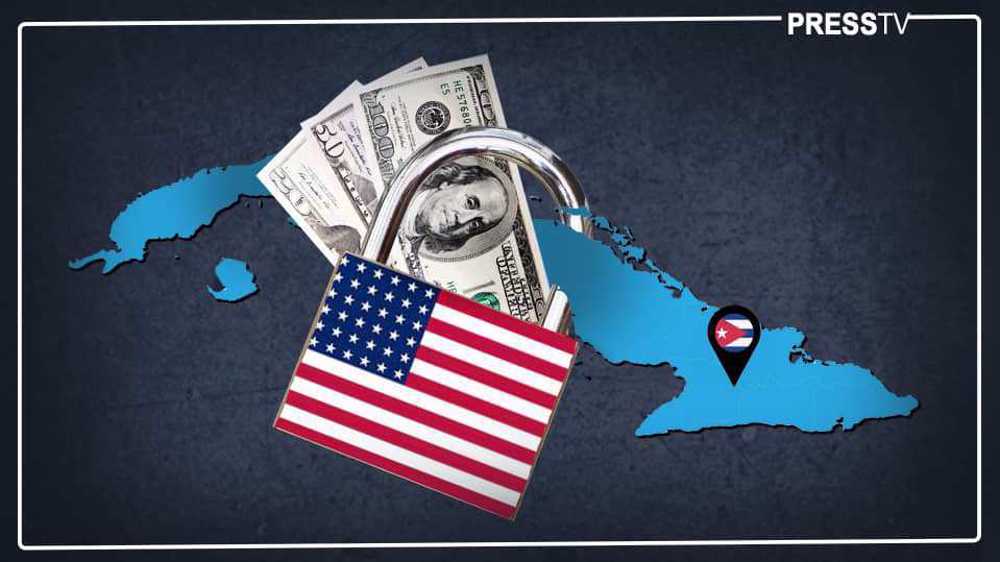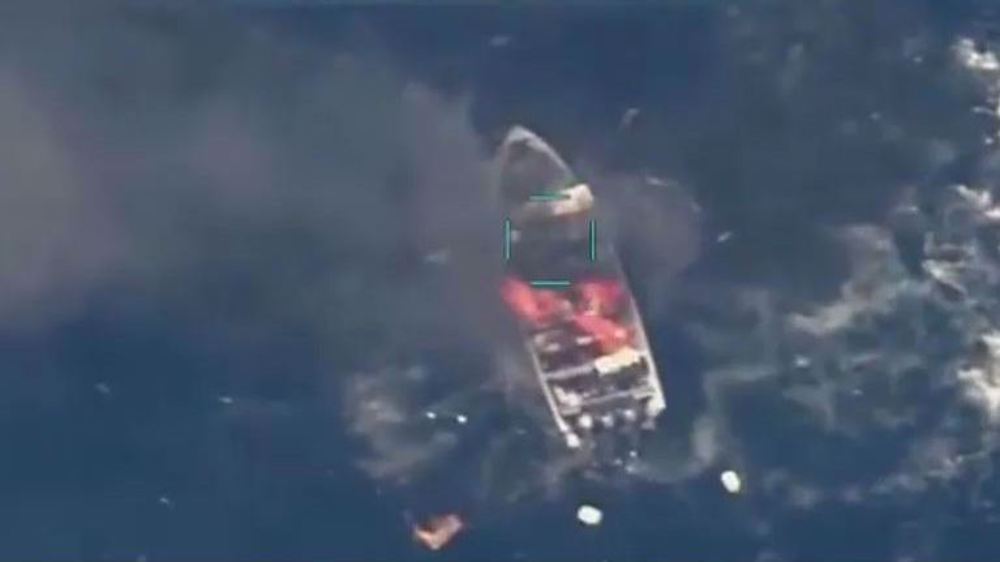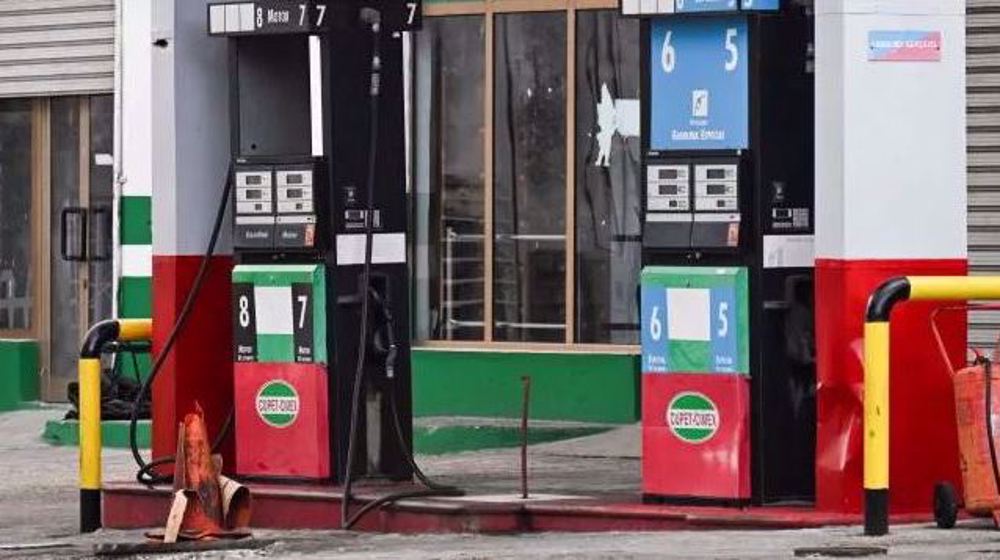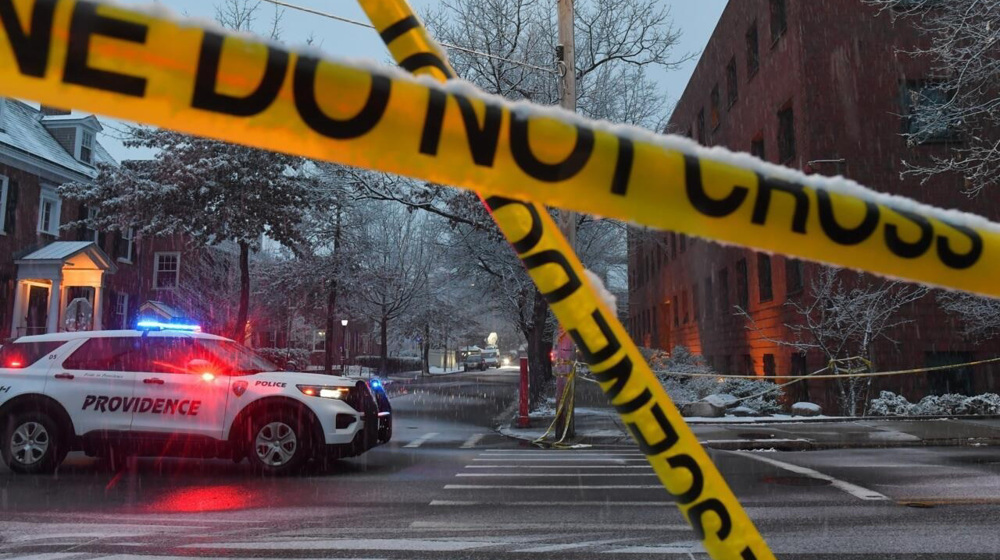Cuba's problem is not socialism; Cuba's problem is Washington
By John Wight
Not since the ‘Special Period’ in the 1990s, when Cuba was plunged into a prolonged economic crisis and emergency after the fall of its main ally and trading partner, the Soviet Union, has the Caribbean island experienced anything like the economic and social crisis it is experiencing now.
Already struggling under the weight of a brutal more-than-half-a-century-long embargo, fashioned in Washington, Cuba’s economic woes have significantly increased due to the impact of COVID, decimating a tourist industry that for quite some years has been a crucial and major source of revenue and economic activity.
The anti-government protests that recently took place in towns and cities across the island are an entirely understandable reaction of people who’ve had enough of food shortages, shortages of medicines due to the government’s prioritizing of the fight against COVID, and who have reached breaking point over the rigid constraints placed on their ability to travel abroad and the lack of economic opportunities at home. Revolutionary ardor and tales of past revolutionary glories don’t put food on the table, and as famed German communist playwright Bertolt Brecht reminds us, in life it’s a case of “Grub first then ethics.”
But let’s not be naïve. Cuba’s challenge, since the revolution of 1959 succeeded in toppling the US-backed dictator Fulgencio Batista, has been the survival of its astonishingly prolonged attempt to establish an economy that exists to serve its people’s rather than as was the case before, the Cuban people existing to serve the economy. And when we talk about serving the interests of the economy, let us be clear that we are talking here about serving the interests of the US economy in the first instance and Cuba’s economy in the second, as is the case across the entire Global South with few exceptions.
Economic embargo and sanctions are weapons of war - low level, perhaps, but war all the same. Those who willfully leave out the really existing conditions in which Cuba exists from when it comes to providing an analysis of its internal challenges and conditions, belong in the box marked Western ideologue and rejected out of hand thereby.
A useful way of arriving at an understanding of Cuba’s present plight is to imagine a complete stranger walking up to you in the street, putting his hand around your neck and squeezing. The instant effect would be that you wouldn’t be able to breathe properly. Now imagine if the stranger doing the squeezing proceeded to berate you for not being able to breath properly at the same time.
This, in sum, describes the asphyxiating character of US/Western foreign policy on countries across the Global South which refuse to live in thrall to Washington and its allies.
A given state’s or society’s development does not take place under laboratory conditions. Instead, it is forged in the crucible of international power politics, wherein the external pressure arrayed against it in any period shapes its internal development and in large part dictates the conditions in which its people exist.
Western ideologues are never done slandering Cuba, Iran, Venezuela, Russia, China, etc., for their supposed inferior systems of governance and cultures. But as Karl Marx made clear: “Right can never be higher than the economic structure of society and its cultural development conditioned thereby.”
Even so-called progressives within the belly of this Washington beast have succumbed to the tropes of imperialism – dressed up as always, of course, as concerns over democracy and democratic rights. Consider one Senator Bernie Sanders, a man who established something of a cult following in the US over the course of his two failed bids for the Democratic nomination for president. “All people have the right to live in a democratic society,” he recently proclaimed in response to events in Cuba.
Conveniently abstracted from this facile rendering of the crisis to engulf Cuba is the ‘why’. And fixating on the ‘what’ of events rather than the ‘why’ is a major reason why mass ignorance prevails across this benighted fading hegemon.
The real issue we have to contend with in our world is not the lack of democracy within states, but the lack of it between states, with the former inextricably linked to the latter. If genuinely concerned over the plight of Cuba and its people, the likes of Bernie Sanders would be making this very point. But, no, when it comes right down to it, even supposed radical voices within this hegemonic juggernaut prefer to blame those being asphyxiated than those doing the asphyxiating.
Cuba can expect no succor from any part of the Washington establishment. At the last US presidential election, Joe Biden polled poorly in Florida - home to a large and politically powerful diaspora of foam-flecked anti-Castro zealots – which guarantees that his administration will not be minded to untighten the screw his predecessor tightened against the island in the form of even more stringent sanctions.
Moreover, when you have the current Mayor of Miami Frances Suarez calling on Biden to consider ordering airstrikes in support of the protesters in Cuba, you know that the US truly is the sick man of the Americas.
Cuba’s problem is not socialism. Cuba’s problem – indeed the entire world’s - is Washington.
John Wight is an author and political commentator based in Scotland.
(The views expressed in this article do not necessarily reflect those of Press TV.)
Israel, not America, first: Carlson’s Huckabee interview lays bare US foreign policy priorities
VIDEO | Call for unity, more support for Palestine, humanitarian action during Ramadan
Lebanese parliament speaker rejects any postponement of elections
VIDEO | Gazans break Ramadan fast amid rubble of their destroyed homes
Iran seeks to strengthen strategic ties with West African countries: Defense minister
US envoy’s remarks on Israeli West Asia expansion shows Muslim world targeted: Houthi
Iran says any agreement with US must fully safeguard national rights, interests
VIDEO | Press TV's news headlines










 This makes it easy to access the Press TV website
This makes it easy to access the Press TV website